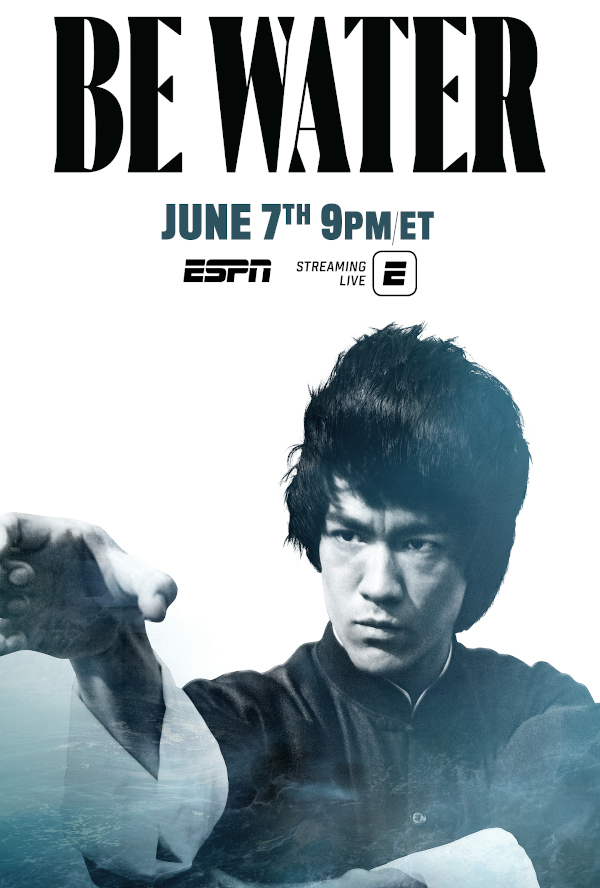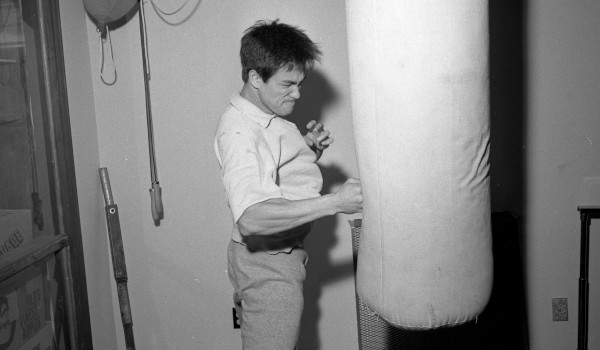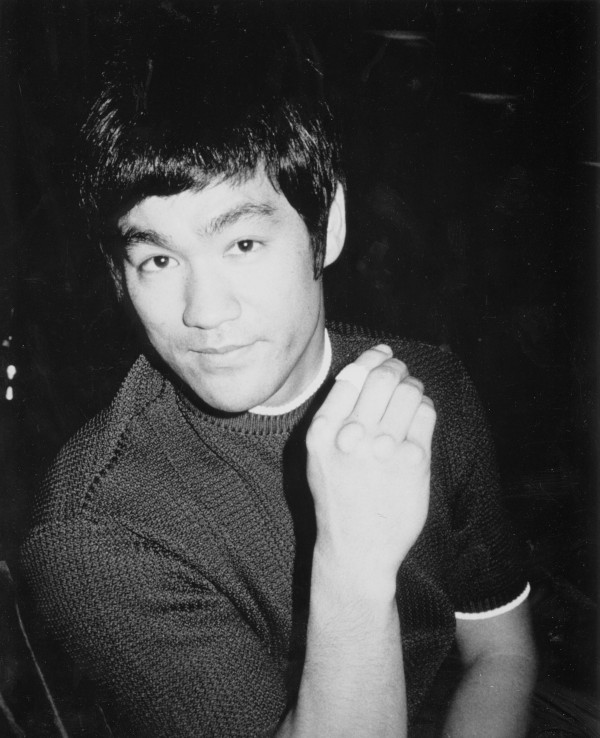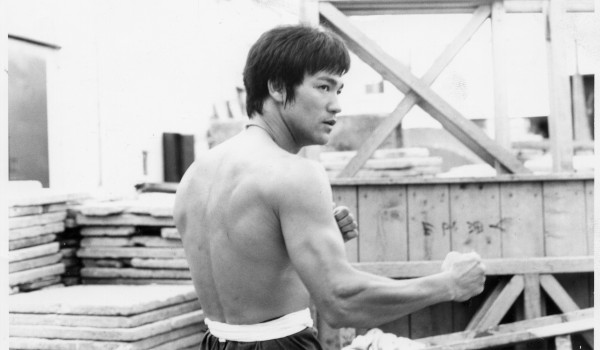- Title: Be Water
- IMDb: link

 Premiering Sunday as part of ESPN’s 30 for 30 series, the documentary from director Bao Nguyen examines the life, philosophy, and legacy of Bruce Lee. Filled with interviews from family and friends who knew him best, Be Water also features an amazing amount of photographs and video from the Lee’s life. The director’s take on his subject is a deeply personal one as the son of Vietnamese refugees who saw Bruce Lee as a strong and vibrant Asian man far different from the usual depictions of Hollywood at the time. Over five years Bao Nguyen would trace the journey of Lee’s life culminating in the super-stardom which was only halted by his premature death.
Premiering Sunday as part of ESPN’s 30 for 30 series, the documentary from director Bao Nguyen examines the life, philosophy, and legacy of Bruce Lee. Filled with interviews from family and friends who knew him best, Be Water also features an amazing amount of photographs and video from the Lee’s life. The director’s take on his subject is a deeply personal one as the son of Vietnamese refugees who saw Bruce Lee as a strong and vibrant Asian man far different from the usual depictions of Hollywood at the time. Over five years Bao Nguyen would trace the journey of Lee’s life culminating in the super-stardom which was only halted by his premature death.
Race plays a central role in Nguyen’s examination of Bruce Lee, as an Asian American who carved out a life for himself in America in opening martial arts schools and finding success on television. But as he struggled against the limitations Hollywood imposed on him, Lee had no choice but return to China in order to become a world star. Both the anti-Asian COVID-19 backlash and the Black Lives Matter movement make the film, and the examination of Lee as far more than just an action star, especially relevant today.
The film’s title comes from one of Lee’s most popular sayings (which the film isn’t shy about reminding us). The idea is that water is both fluid and able to adapt but also hard and unrelenting. Lee’s idea of kung fu and of life followed much the same philosophy of strength and resilience while being able to adapt to the world around you. Although we don’t learn much about Lee’s home life, other than the story of how he met his wife and the different struggles the family had making ends meet early in Lee’s Hollywood career versus the overwhelming celebrity in Hong Kong, we certainly learn quite a bit about Lee as a man.
The documentary makes use of several interviews from his wife and daughter, martial arts students (including Kareem Abdul-Jabbar), and friends which highlight Lee as a teacher, friend, and a man aware of a responsibility to become more than what others wanted of him often refusing roles he thought demeaned his culture or beliefs. Throughout the film, narration from writings Lee left behind offers further insight. The film skirts over the tragic death of Lee’s son Brandon, who only appears as an adult in one brief interview during the credits, but it does showcase how big a loss Bruce Lee’s death was for his fans in Hong Kong reminding me of the recent outpouring of affection we saw for the loss of Kobe Bryant. The world lost someone quite amazing when Bruce Lee died, and Bao Nguyen’s film shows us why.



